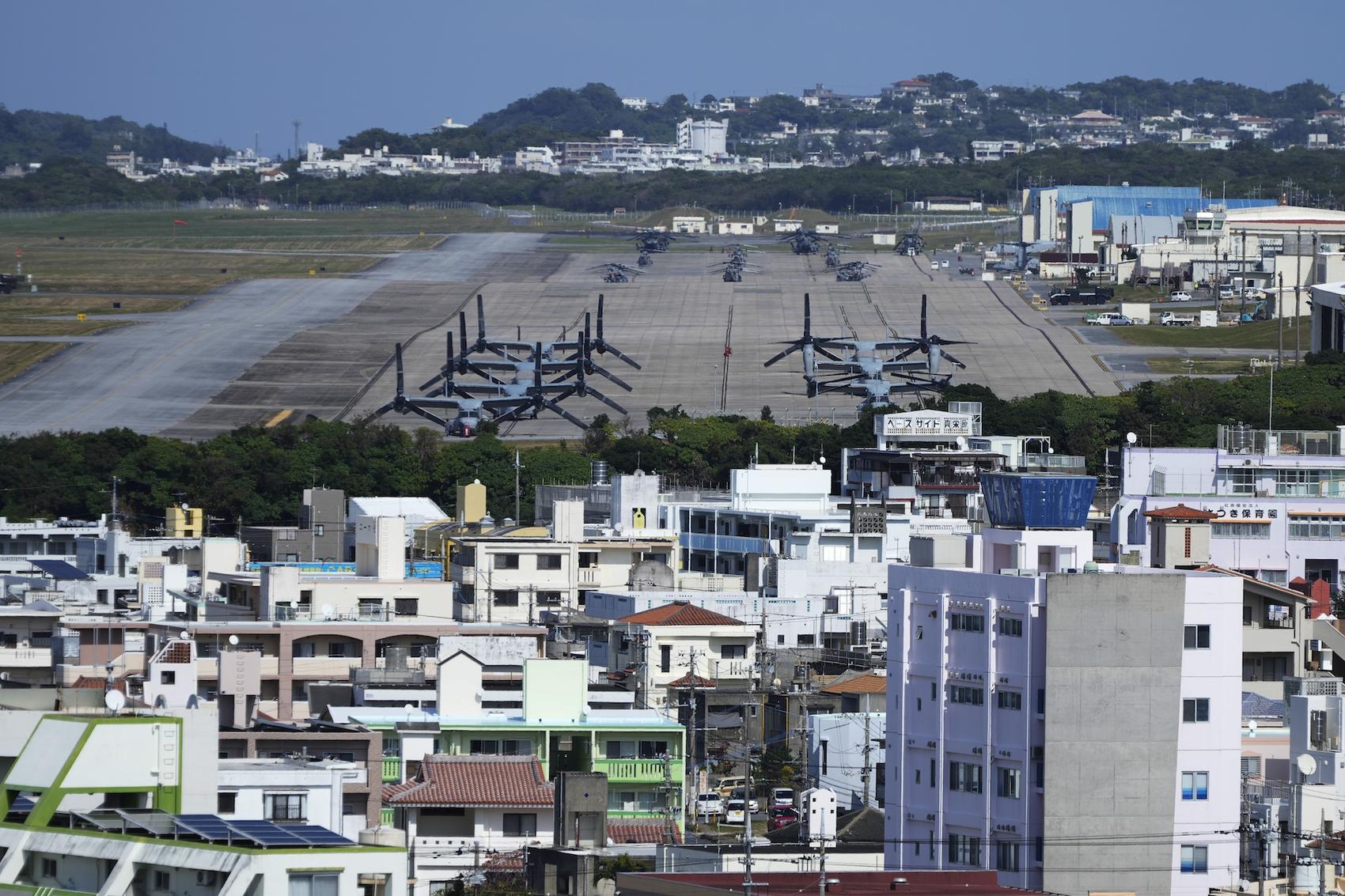By Japan Today Editor
Copyright japantoday

Much media coverage this past summer has been devoted to the 80th anniversary of the end of World War II, when Japan surrendered to the allied powers in a September 2, 1945 ceremony on the deck of the battleship USS Missouri.
Following seven years of military occupation, Japan regained its sovereignty on April 28, 1952. Effectively demilitarized at that time, Japan — understandably nervous over the ongoing conflict on the Korean peninsula — concluded a security treaty that, at the time, left hundreds of thousands of American troops on its soil.
Presently Japan still plays host to approximately 120 U.S military facilities. According to the U.S. Forces Japan website, USFJ “includes approximately 60,000 military personnel across the U.S. Army, Marine Corps, Navy, Air Force, and Space Force elements. Also included at USFJ are approximately 35,000 dependents, 7,000 Department of Defense civilian and contractor employees, and 25,000 Japanese workers” .
While various opinions have been voiced over the necessity of maintaining the security treaty between the two countries, most Japanese agree that the southernmost prefecture of Okinawa has been saddled with the greatest burden. While the prefecture makes up only 0.6% of the nation’s total land area, over 60% of American bases in Japan are on Okinawa.
The only way to reduce this disparity would be to relocate some U.S. bases to other parts of Japan. So this begs the question, would you want one in your neighborhood?
The weekly online “be between” survey in the Asahi Shimbun (Sept 13) asked subjects “If an American military base would be opened close to you, would you accept it?” Based on 2,376 valid responses, only 18% replied positively, as opposed to 82% who responded in the negative.
The Asahi noted that in a similar survey conducted in 2010, 26% gave a positive response, marking a decline of 8% from 15 years ago.
The top three negative factors given by the majority respondents were noise (1,476 responses); crimes by U.S. servicemen (1,398); and the danger of accidents (1,388). These were followed by skepticism that the U.S. would actually defend Japan (1,054); that due to the presence of a base the area would be targeted in the outbreak of war (1,044); a “scary” environmental impact (950); and the view that military power doesn’t serve as a deterrent to war (780).
Out of the 18% amenable to hosting a base, the largest number (226) said, “well the base has to be located someplace”; the Okinawan people’s burden should be reduced (217); and that US bases are necessary for defense (169). Other responses included that bases would create employment opportunities (85 votes); would stimulate the local economy (72); would provide economic stimulus measures in return(54); and would enable locals to directly experience American culture (45).
The Asahi survey asked all respondents if they believed that if Japan were to be attacked by third country, would the U.S. rise to its defense? The largest group, 30%, voiced belief it would not, with another 27% stating they doubted the U.S. would mount a strong defense. Another 27% said the U.S. would make a “small effort” and 11% said they didn’t know. Only 5% gave a unambiguously positive reply.
“As long as there are U.S. military bases, I can’t but be reminded of the continuing problems of noise, accidents, crimes and so on that people in Okinawa are encountering, so I can’t bring myself to say, dozo (please) come over here,” remarked a woman in her 60s from Kanagawa Prefecture.
The survey admittedly comes at a time that the issue is complicated by changes in the international situation.
“If there’s a base, then there’s the possibility that we would be directly dragged into the conflict,” said a 71-year old women in Fukuoka Prefecture. “When you look at the great powers that use force to push their own logic, countries without power will be trampled on. However, even with the presence of the bases, I feel that the United States will only serve its own national interests, and not also protect us.”
A 77-year-old Tokyo man gave another reason for opposing the arrangement.
“The [Japan-U.S.] security treaty is insulting; Japan can’t be regarded as an independent country,” he seethed. “It’s the job for our politicians to change the arrangement.”
“If we are to consider the policy of ‘Japanese first,’ immediate priority needs to be given to the Okinawa problem,” opined a 61-year-old man in Ibaraki Prefecture, adding “Japanese people seem unaware that the status of forces agreements between the U.S. and Germany and Italy, which were also defeated in the war, are different from those of Japan,” without going into detail.
© Japan Today



